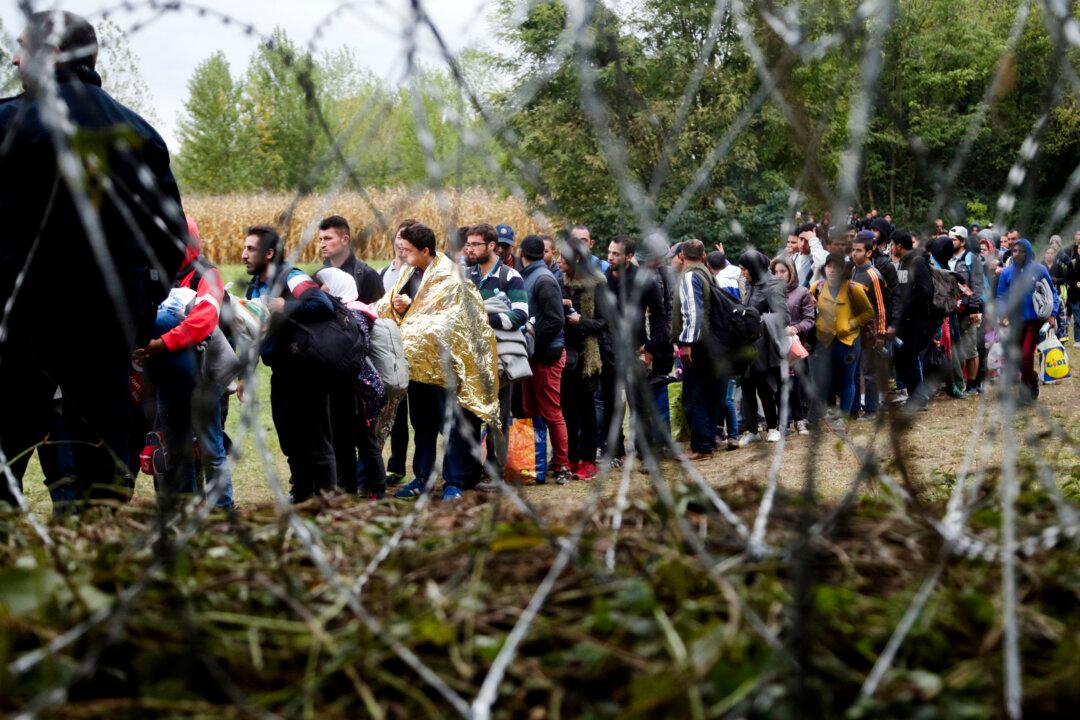The European Union’s executive arm, the European Commission, is set to propose new measures to tighten its stance on illegal immigration, responding to pressure from governments across the bloc, where illegal immigration has become a political and security concern.
Ahead of a summit in Brussels, European Commission President Ursula von der Leyen wrote to EU leaders who are gathering to discuss potential measures to expel illegal immigrants.




